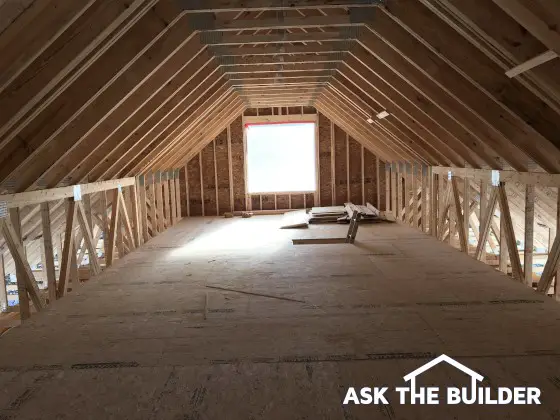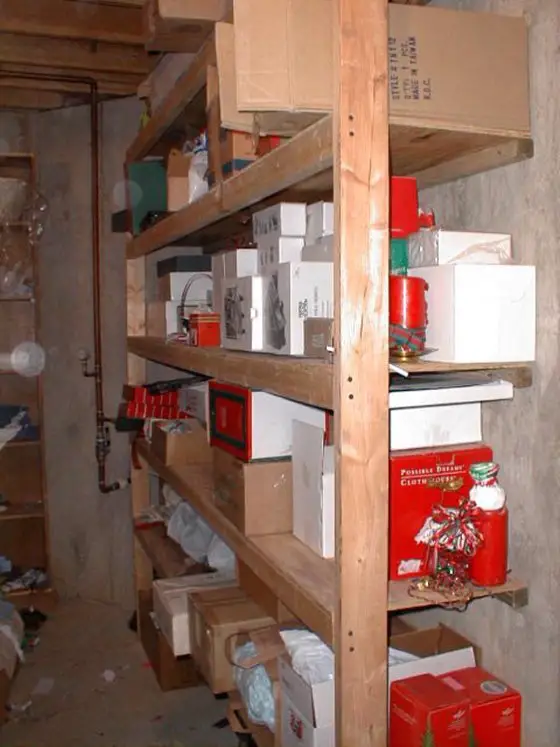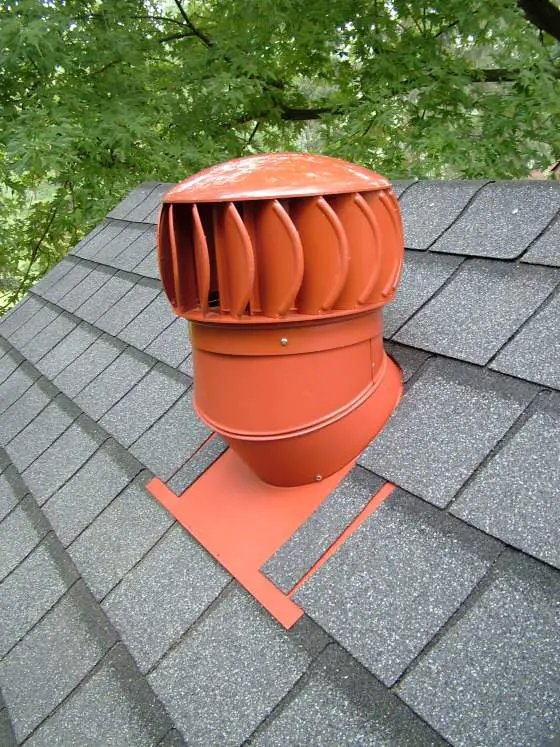Storage

This is an attic space in a new home. Most builders would have used standard trusses and wasted all this space. (C) Copyright 2019 Tim Carter
Do you have enough storage?
I don't have any hard scientific evidence to support the following statement, but I will bet tomorrow's lunch money that it is right: Most people who walk through model homes do not think about all of the stuff they have crammed into their basements, garages and attics. New home shoppers do look at closet space to see if a house will have enough storage space for everyday use. But keep in mind that I am talking about bulk storage space in new homes.
It has been my experience that people discover on move-in day they forgot about all of the extra things they own. Some items never make it to the new home and is sold or given away, But that which is transported by the moving company often ends up covering the floor of the garage or basement because shelves or other storage solutions were not built or provided for by the home builder. All too often I have had to build shelves after the fact and sometimes there simply was not enough space to house all that needed to be stored.
How can you create extra attic storage space?
There has been an active trend for some time to build homes with fairly steep roof pitches. A vast majority of builders do this using common trusses. Trusses are wonderful building materials but the average common truss creates a waste of space above the living area. The complex pattern of framing members in each truss creates a web of wood in the attic area once all of the trusses are in place. What's more, the average common truss is not engineered to carry any more load than the ceiling below and the roof above.
Your builder can order special attic trusses that have the same outside shape as a common truss but that is where the similarity stops. Attic trusses that are installed side-by-side over a spacing of 20 or more feet create huge wide-open spaces that resemble a traditional attic. These trusses are engineered to support the extra weight of stored items or a full living space. All that has to be done is add wood flooring if you want to use the space for storage. The home designer or architect also needs to provide a convenient staircase to access this space.
Create storage over your garage
Builders often forget about the extra space that exists above the typical garage. Special storage trusses can be used over garages that provide a five or six foot tall head height in a space that might be ten feet deep and is as wide as the overall garage. Because of the limited ceiling height of storage trusses, building codes typically will never allow a space like this to be converted into a living area. But the wide open space allows you to easily walk around slightly bent over to access stored possessions.
High-quality pull-down stairs can be installed to access these garage storage areas. It is also possible to build a traditional staircase to access this storage space above your cars. If your builder supplies these trusses for you, be sure he has the drywall hangers space the screws in the drywall on one foot centers along each truss. Doing this minimizes the chance of the drywall falling on top of your cars over time. Walking around in the storage area can cause drywall to pull away from the trusses if it is installed with a minimum amount of fasteners.

Traditional shelving installed in basements or out in garages should be done before you move-in. Take an inventory of your possessions and see if you need special height shelving for larger items. It is always best to keep things off basement floors in case of minor flooding or water seepage from rainstorms. Shelving accomplishes this goal. Save waterproof plastic buckets with lids and use those as excellent floor-storage vessels.
Use turbine vents to control attic temperature
Certain possessions can be ruined by extremes of heat and cold. Think about what you might store in your attic or storage area above the garage. At the very least, be sure your builder installs several wind-powered turbine vents in the roof within these spaces. These spinning vents do a fantastic job of pulling cooler outdoor air into the attic spaces while they exhaust stifling hot air. They also exhaust humid air that might otherwise condense on objects during colder weather.

This turbine vent spins with just the slightest breeze. It is but one tool to use when you want superior attic ventilation. PHOTO CREDIT: Tim Carter
Valuable items stored in your basement can be placed in large plastic tubs that have snap-on lids. These products will keep water off of your items in case a plumbing pipe bursts, a drain pipe leaks or a air conditioning duct drips water. These plastic storage bins come in different heights so you should be able to maximize the storage space between shelves. My wife uses bins like these to protect her sentimental Christmas tree ornaments.
Column NH030